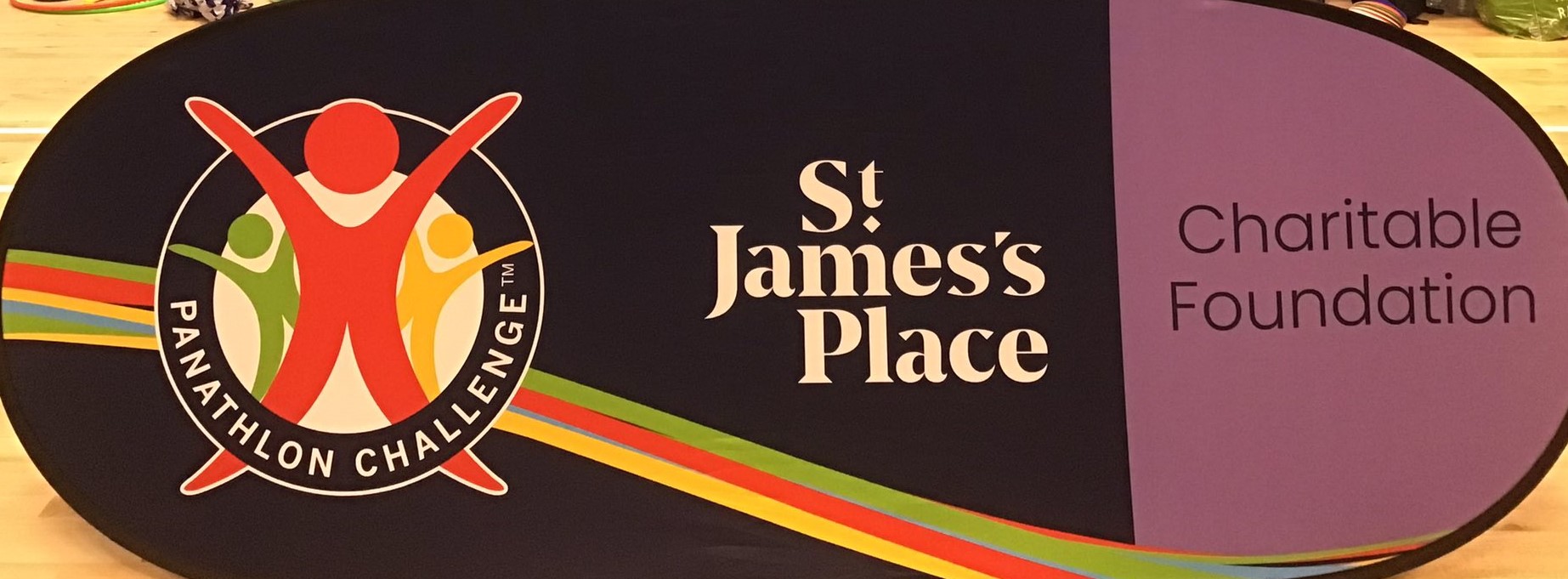SEND
At Park Hill Primary School, we embrace the fact that all children are different and have diverse learning needs. We offer high quality, inclusive teaching, which enables all children to make the best possible progress in school and feel they are a valued member of the school community.
This links to our 6 school values :
Community, Equality, Respect, Compassion, Aspiration and Resilience
SEND Pupil Voice Analysis AUTUMN 2023 - KS1/KS2
SEND Pupil Voice Analysis SUMMER 2024 - KS2
SEND Pupil Voice Analysis SUMMER 2024 - KS1
Our SENDCo is Mrs Kerry King. She can be contacted by telephone (0121 449 3004) or email (enquiry@parkhill.bham.sch.uk).
You can read details of our special needs provision below:
Park Hill's SEND Support Strategies
SEND Information report 2025-26Useful links for parents and carers - see below
Speech and Language Therapy Website
SEND Local Offer for Parents/Carers Document
Click here to access 'Birmingham's SEND Local Offer'
The Birmingham Local Offer website includes information about the wide range of services that are available to support all areas of a child’s life (0 to 25 years) especially those with a Special Educational Need or Disability (SEND).
This includes support with education, physical and mental health, social care, leisure activities and moving towards independence and adulthood.
Enrichment in SEND
Birmingham Primary PANATHLON


Useful strategies that can be used within the classroom and at home to support children and young people.
/i/video/Attention_Autism_Bucket.mov
Attention Autism is an intervention approach by Speech and Language Therapist Gina Davies which aims to work on the early fundamentals of language including awareness of others, attention, listening, shared attention, switching attention and turn-taking.
Attention skills are an integral part of how we connect with people, the world around us and how we learn. These early skills can be particularly difficult for children with Autism. Gina Davies suggests that the answer is to make your interactions irresistible by using activities that are worthy of the child’s attention. If the child is having fun, they will be more likely to join in and engage.

